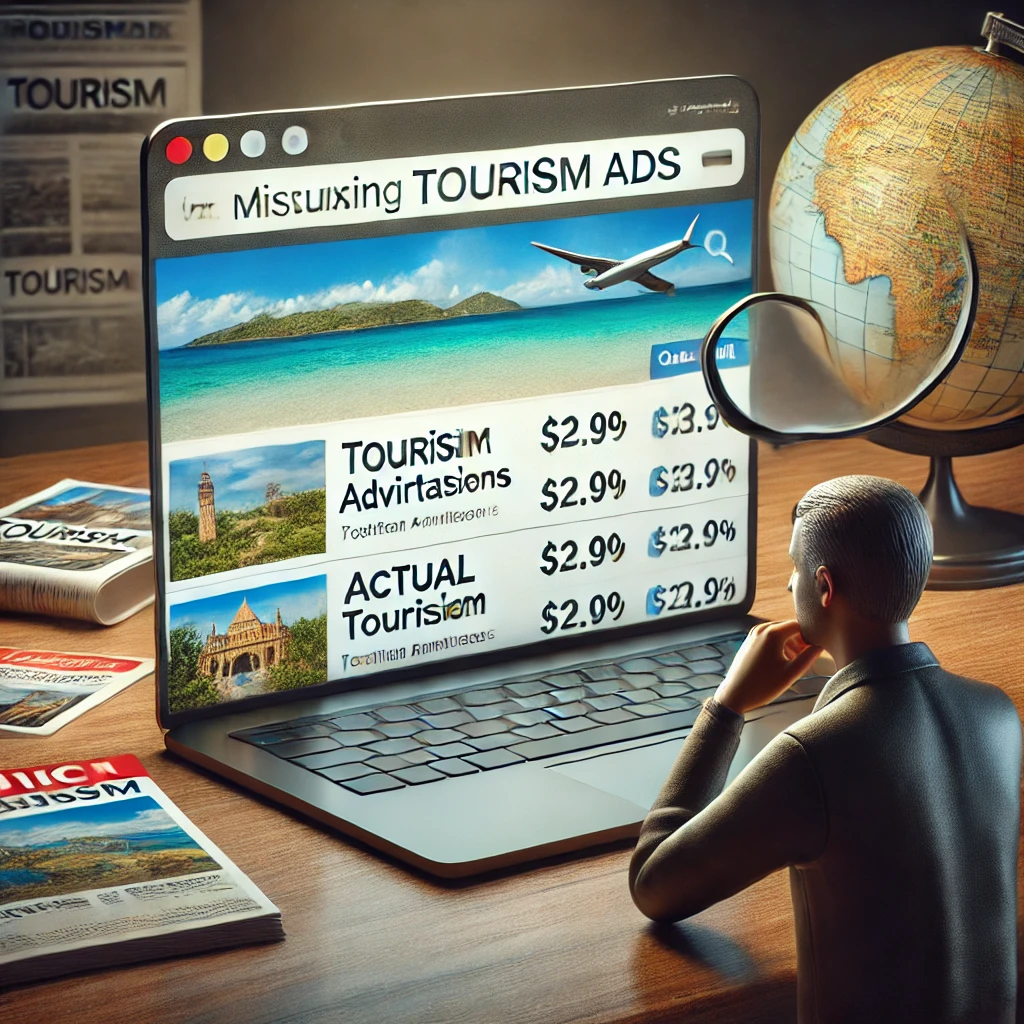First Time to Turkey? 10 Travel Tips to Plan Your Trip.
Top 10 Travel Tips for Your First Trip to Turkey
After my recent trip to Turkey, many of you have asked questions like the best time to visit the country and whether it’s possible for a vegetarian to survive without relying on supermarket food. I’ve previously written travel tips for a first trip to Europe, but this time I’ll delve specifically into Turkey. Here are ten travel tips to make planning your trip to Turkey simpler:
1. What’s the Best Time to Go to Turkey?
Turkey is a country with diverse climates due to its vast size. The best time to visit depends on the regions you plan to explore:
- Spring (April to June): Ideal for visiting the whole country. Mild temperatures and blooming flowers make it perfect for sightseeing.
- Summer (July to September): Best for coastal areas like Antalya and Bodrum where you can enjoy the beaches. However, it can be very hot in inland areas like Cappadocia.
- Autumn (September to November): Similar to spring, the weather is mild and pleasant. Great for cultural and historical sites.
- Winter (December to March): If you enjoy skiing, head to Uludağ or Erciyes. Coastal areas are quieter but can be wet and cold.
2. How to Get a Visa for Turkey?
Most visitors need an e-Visa to enter Turkey, which can be easily obtained online:
- e-Visa: Visit the official e-Visa website (https://www.evisa.gov.tr) to apply. Fill out the form, pay the fee, and receive your e-Visa via email.
- Visa on Arrival: Some nationalities can get a visa upon arrival, but it’s more convenient to get an e-Visa beforehand.
- Visa Requirements: Always check the latest visa requirements as they can change. The process is straightforward and usually quick.
3. What to Pack for Turkey?
Packing essentials vary depending on the season and regions you plan to visit:
- Spring/Autumn: Light layers, comfortable walking shoes, a light jacket.
- Summer: Lightweight clothing, sunblock, sunglasses, a hat, swimwear.
- Winter: Warm clothing, a good coat, boots, and thermal wear if visiting the mountainous regions.
- Cultural Sensitivity: If visiting mosques, women should bring a scarf to cover their heads, and everyone should dress modestly.
4. Do They Speak English in Turkey?
While Turkish is the official language, English is widely spoken in tourist areas:
- Tourist Areas: Hotel staff, tour guides, and restaurant servers in popular destinations like Istanbul, Cappadocia, and coastal resorts often speak good English.
- Rural Areas: In less touristy areas, English is less common, so it might be useful to learn a few basic Turkish phrases or use a translation app.
5. Is Turkey Expensive?
Turkey offers a range of options to suit different budgets:
- Accommodation: From budget hostels to luxury hotels, Turkey has it all. Istanbul and coastal resorts can be pricier, but there are affordable options available.
- Food: Eating out is generally affordable. Street food and local eateries offer delicious meals at reasonable prices.
- Transport: Public transportation is efficient and inexpensive. Domestic flights can be a bit pricey but are often necessary for long distances.
6. How is the Food and Wine in Turkey?
Turkey’s cuisine is diverse and delicious, with plenty of options for vegetarians:
- Vegetarian Options: Dishes like lentil soup (mercimek çorbası), stuffed grape leaves (yaprak sarma), and eggplant-based dishes (imam bayıldı) are widely available.
- Meat Lovers: Kebabs, grilled meats, and seafood are popular.
- Wine: Turkey has a growing wine industry. Regions like Cappadocia and the Aegean produce excellent wines worth trying.
7. Do You Need a Eurail Pass for Turkey?
Turkey is not part of the Eurail network:
- Rail Travel: Turkish State Railways (TCDD) operates domestic train services. High-speed trains connect major cities like Istanbul, Ankara, and Konya.
- Other Transport: Buses are a popular and affordable way to travel between cities. Domestic flights are also common and convenient for long distances.
8. Where to Go in Turkey?
Turkey has something for everyone:
- Istanbul: For its rich history, vibrant culture, and iconic landmarks like the Aya Sofya and the Blue Mosque.
- Cappadocia: Known for its unique rock formations and hot air balloon rides.
- Ephesus: Ancient ruins and historical significance.
- Pamukkale: Natural thermal pools and stunning landscapes.
- Turquoise Coast: Beautiful beaches and crystal-clear waters.
9. Where to Stay in Turkey?
Accommodation options vary widely:
- Istanbul: Boutique hotels in Sultanahmet, modern hotels in Beyoğlu, and luxury options in Beşiktaş.
- Cappadocia: Cave hotels in Göreme and Uçhisar offer a unique experience.
- Coastal Areas: Resorts in Antalya, Bodrum, and Fethiye cater to different budgets.
10. How to Find Internet or Wifi in Turkey?
Staying connected in Turkey is easy:
- Wifi: Available in most hotels, cafes, and restaurants in tourist areas.
- SIM Cards: Buy a local SIM card from providers like Turkcell, Vodafone, or Türk Telekom for mobile data.
- Portable Wifi: Rent a portable wifi device if you need constant internet access during your travels.
By following these tips, you’ll be well-prepared for a memorable trip to Turkey. Enjoy the rich culture, stunning landscapes, and warm hospitality that make Turkey a top travel destination.
Latest Update: May 22, 2016
Your Content Goes Here
A brief summary of the key points in this article.




